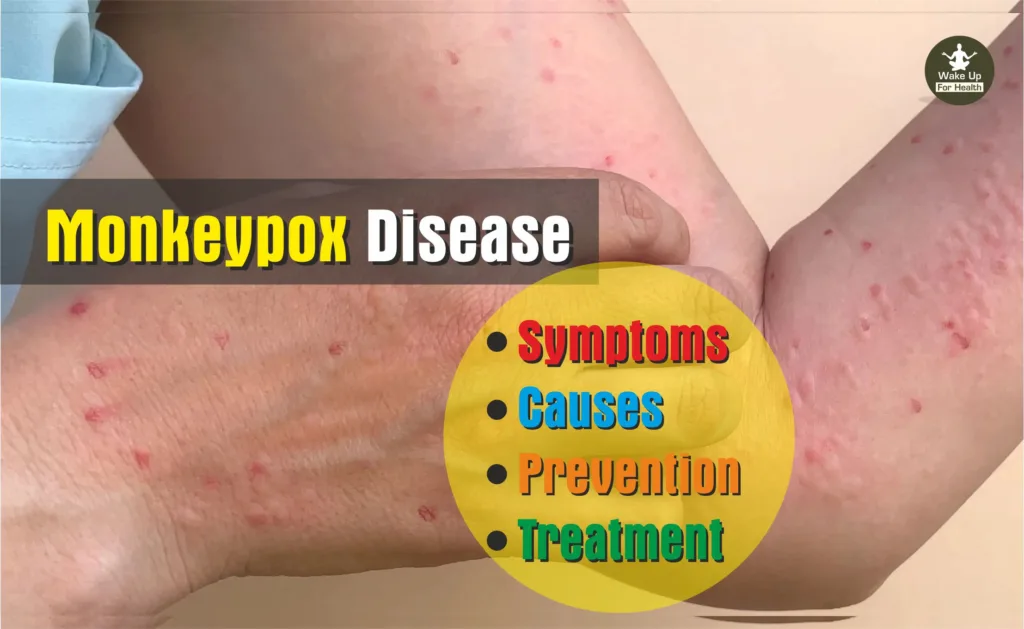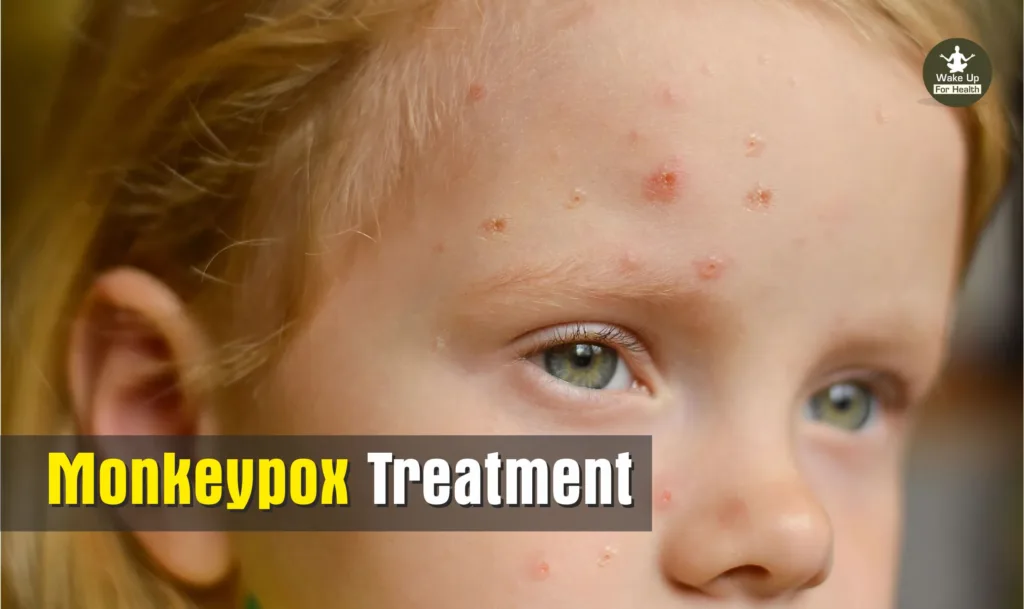While monkeypox disease virus has now spread to more than 90 countries, now it has started spreading in dogs as well. In fact, a case of Monkeypox in Paris, the capital of France, has surprised. Here the Monkeypox virus has reached a dog through humans. This is the first rare case in the world. The Lancet, a prestigious research journal related to medical research, has published a report in this regard. After this news, everyone’s senses have gone away because this is not an ordinary case.

The World Health Organization (WHO) has also expressed concern after the case of Monkeypox virus spreading in dogs through humans. The World Health Organization has advised people with Monkeypox to avoid contact with animals. According to Michael Ryan, emergencies director of the World Health Organization, this is a more dangerous situation.
What is Monkeypox Disease?, Symptoms, Causes, Prevention, Treatment Methods
monkeypox Disease is a rare Orthopoxvirus infection that appears similar to smallpox or chickenpox. The disease first appeared in monkeys in the year 1958, due to which it was named Monkeypox. The first case of Monkeypox was reported in a young man in the year 1970.
Monkeypox Virus is a rare viral pox-like disease similar to the smallpox family, but it is milder. It is believed to be spread through inhalation, contact with body fluids or contact with infected animals. This disease is called Monkeypox virus because it was first identified in the laboratory on monkeys.
Read Also : Chikungunya Virus | How Similar to Monkeypox?
What are the Causes for Monkeypox Disease?
Monkeypox is a communicable disease, it can spread easily from person to person. If it is transmitted to humans through close contact with an infected person or animal, or through material contaminated with the virus. It is believed to be spread by animals such as rats, mice and squirrels. The disease is spread through wounds, body fluids, respiratory droplets and contaminated material such as bedding. This virus is less contagious than smallpox and causes less severe disease.
How Does Monkeypox Disease Spread?
Monkeypox can be contracted from a bite from an infected animal, or by touching its blood, body fluids, or fur. It is believed to be spread by rodents such as rats and squirrels. It is also possible to catch the disease by eating meat from an infected animal that has not been cooked properly. Currently, to date, there has been no reported case of Monkeypox being transmitted to a water-dwelling organism or observed in an aquatic organism.
If we talk about the spread of monkeypox from man to man, then it spreads by coming in contact with the infected. If a person is infected with monkeypox, it can be spread by breathing, sneezing, coughing, or otherwise coming in contact with droplets of respiratory particles. If a person or a health worker takes care of a monkeypox patient for a long time, then he is also suspected of getting monkeypox.
What are the Symptoms of Monkeypox Disease?
The symptoms of Monkeypox begin very quickly, with a mild to severe fever at first. Along with fever, the infected may feel muscle pain, stiffness and weakness. Along with this, as the disease of Monkeypox starts increasing, the lymph nodes of the infected patient starts swelling, which is the biggest identity of Monkeypox.
On occurrence of Monkeypox, within five days the patient’s body starts getting smallpox marks, due to which the patient has to face many more problems. When Monkeypox occurs, the patient mainly shows the following symptoms: –
- Fever
- Headache
- Muscle Pain
- Back Pain
- Swollen Lymph Nodes
- Chills
- Exhaustion
Within 1 to 3 days (sometimes longer) of the onset of fever, the patient develops a rash, which often begins on the face and then spreads to other parts of the body.
Wounds formed due to monkeypox go through the following stages before they heal:-
- Macules
- Papules
- Vesicles
- Pustules
- Scabs
Monkeypox gets better on its own within 21 days. In severe cases the patient has to be admitted to the hospital.
What is the Treatment for Monkeypox?

• As of now there is no specific treatment for this disease (Monkeypox Treatment). Apart from this, there is no need for any special treatment in this disease, most of the infection lasts for 2-4 weeks and gets cured on its own.
• An infected person can remain in isolation so that the disease does not spread to any other person.
• Wear a mask
• Take care of Cleanliness
• A vaccine against Monkeypox and smallpox has been licensed in the US.
Read Also : Know About : Zika Virus – Symptoms & Treatment
Preventions of Monkeypox Virus?
You can protect yourself from Monkeypox, but nothing can be said clearly about how successful it will be. To protect yourself from Monkeypox virus infection, you can adopt several measures described below :
1. Avoid contact with animals that may harbor the virus (including animals that are sick or that have been found dead in areas where monkeypox occurs).
2. Avoid contact with any material that may have come in contact with a sick animal, such as bedding.
3. Isolate infected patients from other people who may be at risk of infection.
4. Practice good hand hygiene after contact with infected animals or humans. Using an alcohol-based hand sanitizer or washing your hands with soap and water are two examples.
5. Use Personal Protective Equipment (PPE) when caring for patients.
6. If you are going to intimate with someone, make sure that your partner does not have symptoms of Monkeypox or has a history of traveling abroad (especially countries where Monkeypox is currently being exposed or African countries).
(Disclaimer: This article is for general information only. It is just to wake you up for your health purpose. Out intension is not to mislead or It cannot in any way be a substitute for any medicine or treatment. Always contact your doctor for more details.)